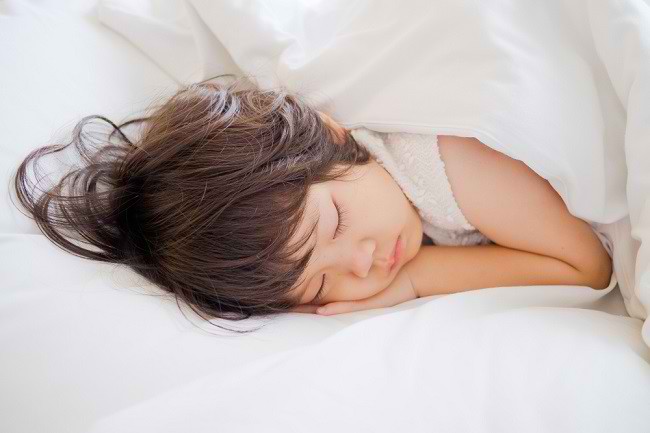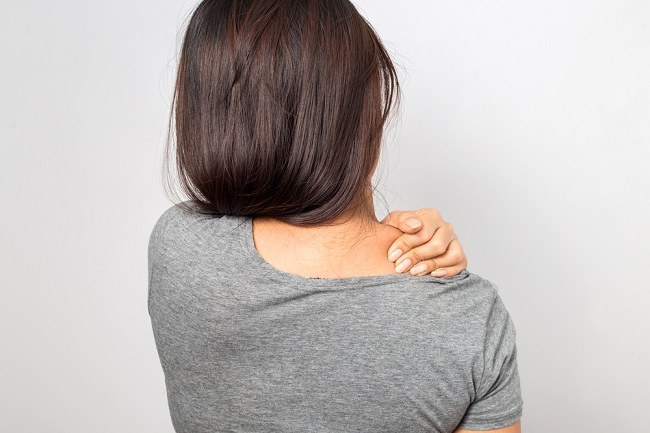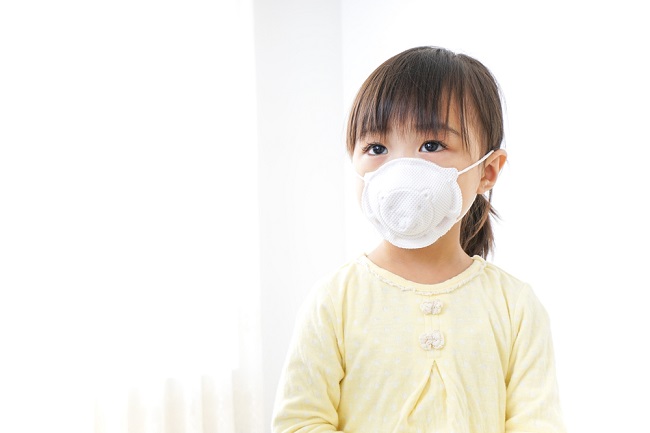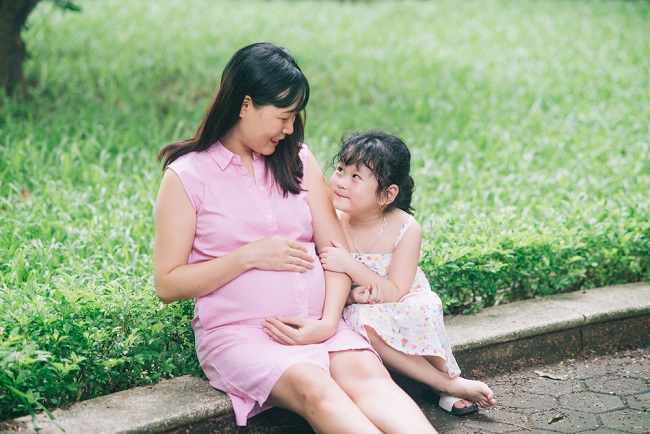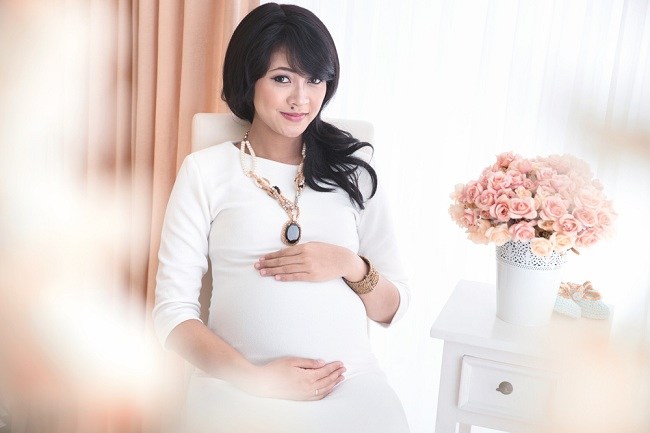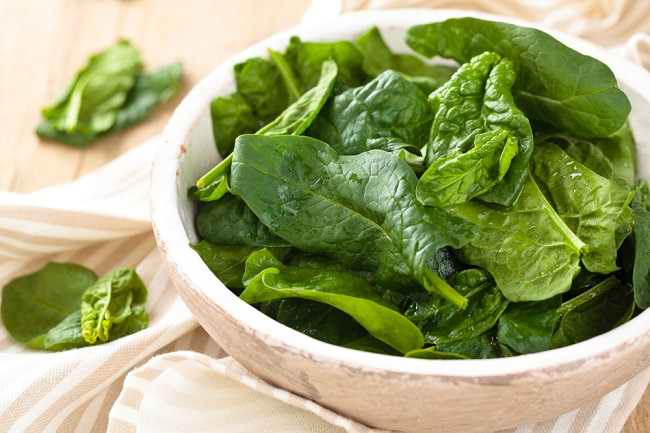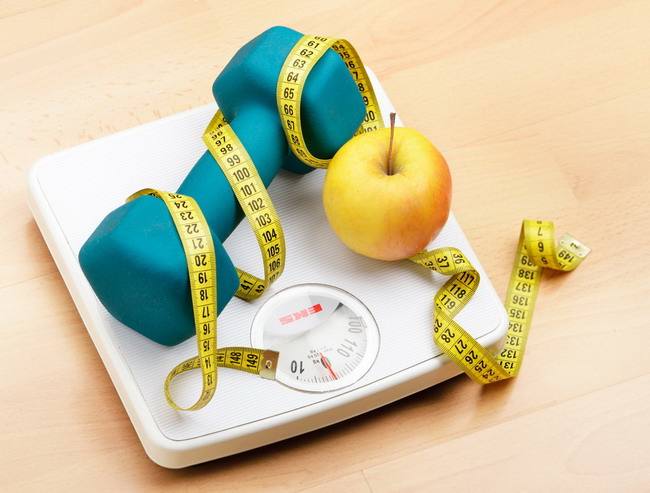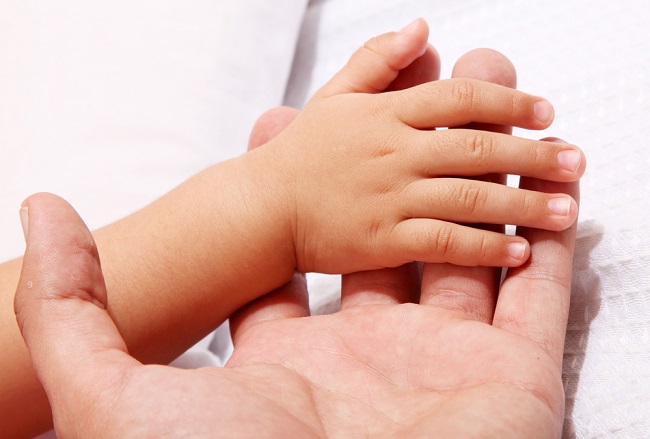Pregnant women are advised to avoid drinks containing caffeine, because consuming too much caffeine during pregnancy can cause pregnancy complications. Then, what types of caffeinated drinks should be avoided during pregnancy?
Caffeine is a natural stimulant that can be found in tea, coffee, and chocolate. These stimulants work by stimulating the brain and central nervous system to keep the body awake and relieve fatigue.

Why is Caffeine Dangerous for Pregnant Women?
Pregnant women are not recommended to drink drinks containing caffeine. The reason is because caffeine can be carried to the fetus through the placenta. Too much caffeine can cause miscarriage or low birth weight babies.
Caffeine can also increase blood pressure and heart rate, both of which are not good for pregnancy. In addition, caffeine will increase the frequency of urination (BAK) which causes fluid in the body to decrease, so pregnant women are at risk of becoming dehydrated.
This is a list of caffeinated drinks
Caffeine can be found in the following types of drinks:
1. Coffee
One cup of black coffee contains at least 95 mg of caffeine. Whereas in one cup of instant coffee, there are 30-90 mg of caffeine. Different types of coffee drinks, different amounts of caffeine contained in them.
2. Chocolate
In one cup of hot chocolate (about 450 ml), there is at least 25 mg. However, just like coffee, different types of chocolate drinks, different amounts of caffeine contained in them. Besides drinking, chocolate can also be used as a snack.
Of the various types of chocolate, dark chocolate is more recommended because it does not contain a lot of sugar. Even so, pregnant women who have difficulty controlling blood sugar, suffer from gestational diabetes, or are overweight are not recommended to consume chocolate at all.
3. Tea
Did you know that tea also contains caffeine? The caffeine content in tea depends on the type of tea. In 200 ml of black tea, contained 25-48 mg of caffeine. Whereas in green tea, the caffeine content is only 25-29 mg.
4. Fizzy Drinks
Soft drinks also contain caffeine. In 350 ml of coke, on average there is about 70 mg of caffeine. This type of drink should be avoided by pregnant women because in addition to containing caffeine, soft drinks are also high in sugar and calories. Consuming soft drinks too often or too much can cause pregnant women and fetuses to be overweight.
5. Energy drinks
Energy drinks are not recommended for consumption by pregnant women. This drink has a very high content of caffeine and sugar. In addition, some energy drinks also contain sodium and ginseng.
Consuming too much sodium during pregnancy can cause pregnant women to experience swelling in the hands and feet. Ginseng is also not recommended for pregnant women because it can cause digestive problems, headaches, and sleep disturbances.
The various caffeinated drinks above should be avoided by pregnant women because they can cause problems or complications in pregnancy and the fetus. Even so, if there are no problems with pregnancy or health, pregnant women are still allowed how come consume drinks that contain caffeine, but only about 200 mg per day or the equivalent of two small cups.
If you are still in doubt, don't hesitate to ask your obstetrician if pregnant women can consume caffeinated drinks and how much caffeinated drinks can pregnant women drink.
